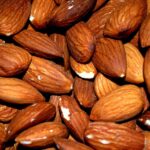
Overview
Bone health is a fundamental aspect of our well-being, affecting everything from mobility to overall body strength. Our bones act as the primary support structure, protecting vital organs and storing essential minerals. As we age, bone density can decrease, leading to conditions like osteoporosis that increase the risk of fractures and other complications. Thankfully, by including certain nutrient-dense foods in our diet, we can help build stronger bones and maintain their health over time.
In this article, we’ll explore the best superfoods to boost bone health, discuss essential nutrients for maintaining bone density, and offer practical tips to incorporate these foods into your daily meals. If you’re looking to support your bone health naturally, this comprehensive guide is for you
Table of Contents
Understanding Bone Health: Your Bones Need
To maintain strong and healthy bones, several key nutrients play essential roles. Let’s take a closer look at the primary nutrients responsible for bone strength and density.
- Calcium: Often considered the foundation of bone health, calcium provides the structural strength for bones. About 99% of our body’s calcium is stored in bones and teeth, highlighting its importance. Insufficient calcium intake can lead to weakened bones and increased risk of fractures.
- Vitamin D: This nutrient is vital for calcium absorption. Without adequate vitamin D, even a calcium-rich diet won’t effectively benefit bone health. Vitamin D helps the body absorb and deposit calcium into the bones.
- Magnesium: Magnesium is crucial for converting vitamin D into its active form, allowing it to aid calcium absorption. It also plays a role in maintaining bone density and structural integrity.
- Vitamin K: This vitamin assists in bone mineralization and helps prevent fractures by supporting the binding of calcium to the bone matrix.
- Protein: Protein provides a framework for bones and helps maintain bone mass. A diet low in protein can reduce bone density, especially as we age.
- Phosphorus: This mineral works alongside calcium to build strong bones. Phosphorus deficiency can weaken bones and lead to conditions like osteoporosis.
- Potassium: Potassium helps neutralize acid in the body, which can reduce calcium loss from bones. It’s an often overlooked mineral in bone health but plays a significant role in maintaining bone density
Related : How to Care for Your Kidneys: Easy 12 Tips
With these nutrients in mind, let’s dive into the superfoods that provide these bone-strengthening nutrients, supporting overall skeletal health.
Top 10 foods for Bone Health
Incorporating these nutrient-dense superfoods into your daily meals can provide your bones with the essential building blocks they need to stay strong
Leafy Greens
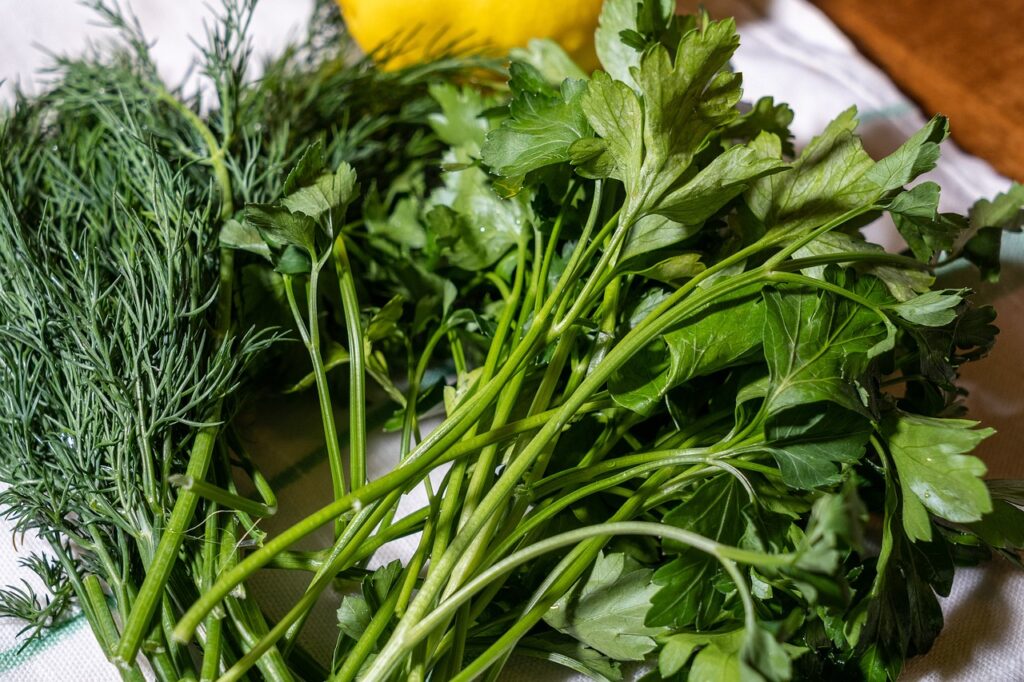
Leafy greens are among the most nutrient-dense foods, rich in calcium, magnesium, and vitamin K. They provide a plant-based source of calcium that’s essential for those who may not consume dairy products. Additionally, leafy greens contain antioxidants that protect bone cells from oxidative stress.
- Add a handful of kale or spinach to smoothies, soups, and salads. Collard greens can be sautéed or steamed as a nutritious side dish. Experiment by mixing different greens to keep meals interesting and packed with nutrients.
Dairy Products
Related : Why Sitting Too Much Is Bad for Your Health
Dairy products are some of the best-known sources of calcium and are also high in protein. Milk and yogurt are often fortified with vitamin D, making them an even more effective choice for maintaining bone density. Regular consumption of dairy has been linked to improved bone mineral density and reduced risk of osteoporosis.
- Drink a glass of milk as a calcium boost, enjoy yogurt with fresh berries, or add a slice of cheese to your meals. Greek yogurt can be a protein-packed addition to breakfasts or snacks, making it versatile for various dishes.
Fatty Fish
Fatty fish like salmon, sardines, and mackerel are excellent sources of both vitamin D and omega-3 fatty acids. Vitamin D is essential for calcium absorption, while omega-3s help reduce inflammation that can otherwise weaken bones over time. Consuming these fish regularly can aid in both bone strength and joint health.
- Grill or bake salmon as a main course, or add canned sardines to salads and sandwiches. Canned sardines with bones provide an extra boost of calcium
Nuts and Seeds
Nuts and seeds are rich in magnesium, calcium, and healthy fats. Almonds are particularly high in calcium, while walnuts provide omega-3 fatty acids, and chia seeds offer a unique combination of calcium and phosphorus. These nutrient-dense snacks also contribute to overall cardiovascular health.
- Add a handful of nuts to salads, blend them into smoothies, or use chia seeds as a topping for yogurt or oatmeal. Chia seeds can also be soaked to create a pudding-like texture for an easy snack or breakfast option.
Fortified Plant
Related : Eating Right to Prevent Heart Disease
For those on a plant-based diet, fortified foods like almond milk, soy milk, and certain cereals offer an excellent alternative source of calcium and vitamin D. These products are designed to provide similar nutritional benefits to dairy and can be incorporated into various meals.
- Use fortified plant-based milk in your morning coffee, cereal, or smoothie. Opt for fortified cereals as a breakfast choice, pairing them with fruit for added nutrients.
Beans and Lentils
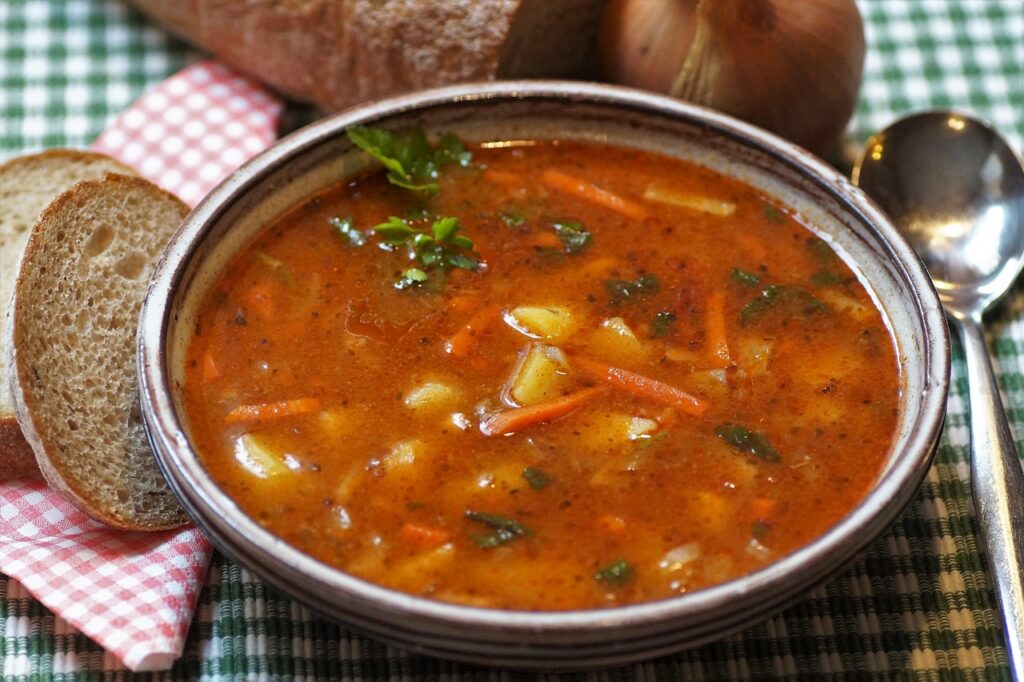
Beans and lentils are high in magnesium, phosphorus, and fiber. They support bone health and are a great source of plant-based protein. Phosphorus, along with calcium, plays a critical role in bone formation, while magnesium aids in calcium absorption.
- Add beans to soups, stews, and salads, or use lentils as a base for a vegetarian meal. Beans and lentils are versatile and can be used in many cuisines, from Mediterranean to Indian dishes
Fruits
Certain fruits like oranges, berries, and pineapple contain vitamin C and antioxidants, which play a role in collagen formation for bone tissue. Vitamin C is essential for the development of collagen, a primary component of bone matrix.
- Include oranges or berries as a snack or add them to salads for a refreshing touch. Pineapple can be blended into smoothies or enjoyed as a natural dessert
Sweet Potatoes
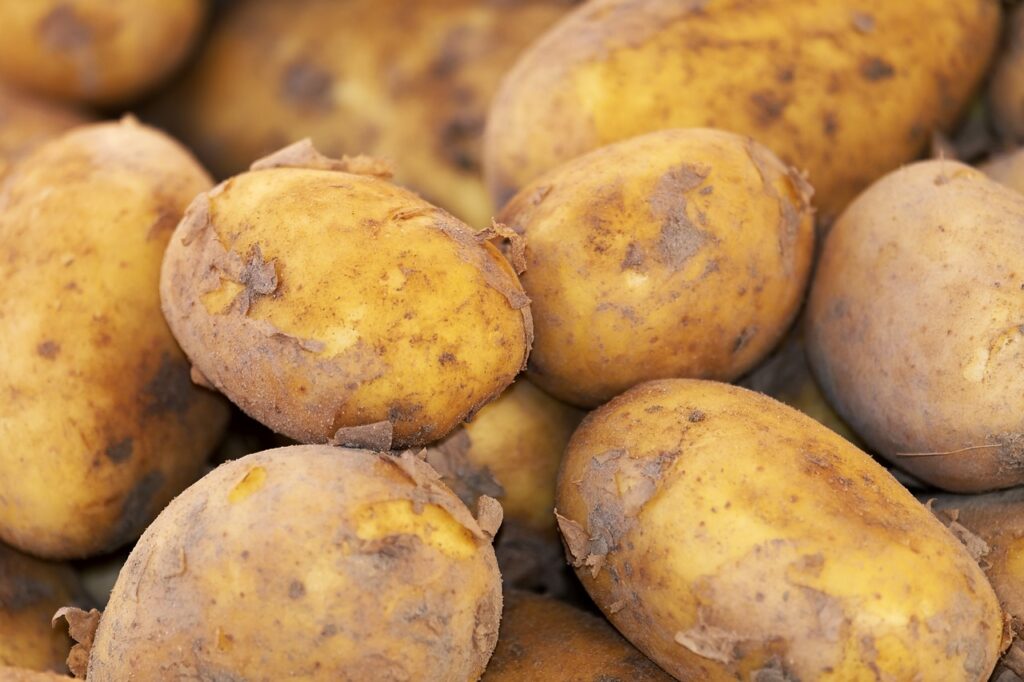
Sweet potatoes are high in potassium and magnesium, two minerals crucial for bone health. Potassium helps neutralize acid in the body that can otherwise leach calcium from bones, while magnesium supports calcium metabolism.
- Bake sweet potatoes as a side dish, or add them to soups and stews. Their naturally sweet flavor pairs well with a variety of herbs and spices
Related : Simple Steps to Boost Bone Health
Eggs
Eggs, particularly the yolks, provide vitamin D, which is essential for calcium absorption and bone mineralization. Eggs are also an excellent source of protein, which contributes to bone density and muscle strength, both vital for bone support.
- Enjoy eggs scrambled for breakfast, hard-boiled as a snack, or as part of a salad. They’re a versatile ingredient that can be included in numerous dishes.
Whole Grains
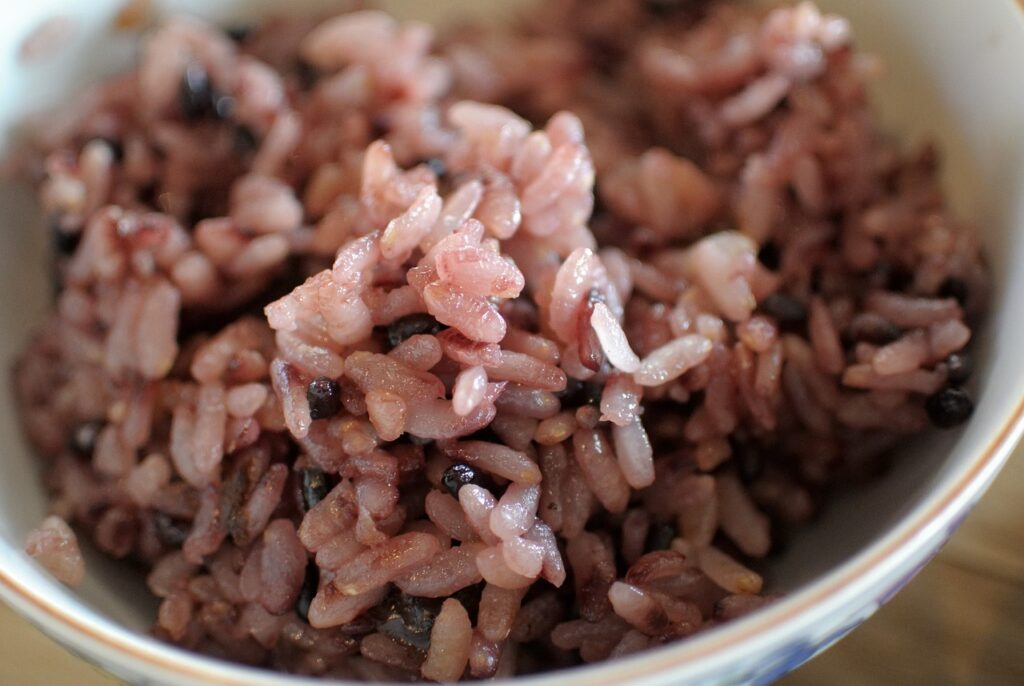
Whole grains like quinoa, brown rice, and oats are sources of magnesium and fiber. These grains help support bone density and contribute to overall health by providing complex carbohydrates and essential nutrients that stabilize energy levels.
- Use quinoa as a base for salads, include oats in breakfast bowls, or enjoy brown rice as a side dish with a protein and vegetable
Tips for Maximizing Bone Health
Beyond food, there are lifestyle habits that can enhance bone health and density:
- Regular Exercise: Weight-bearing and resistance exercises, such as walking, jogging, and strength training, are excellent for building and maintaining bone density. Aim for at least 30 minutes of exercise most days of the week.
- Adequate Sun Exposure: Spending time in the sun helps the body produce vitamin D naturally. Aim for about 10–30 minutes of sun exposure several times a week, depending on skin type and location.
- Avoid Smoking and Limit Alcohol: Both smoking and excessive alcohol consumption can weaken bones. Avoiding these habits can help reduce the risk of osteoporosis.
- Maintain a Healthy Weight: Being underweight can increase the risk of fractures, while excessive weight can put stress on bones and joints. Maintaining a healthy weight is crucial for bone health.
- Stay Hydrated: Proper hydration supports all bodily functions, including nutrient absorption and transport, which indirectly impacts bone health
Related : Cold vs. Flu: to Symptoms, Causes, Treatments, and Prevention
The Takeaway
Supporting bone health is essential for a strong foundation that impacts mobility, independence, and quality of life as we age. Including a variety of superfoods like leafy greens, dairy products, fatty fish, nuts, seeds, and fortified plant-based options can provide your body with the nutrients it needs to maintain and improve bone density. By following a balanced diet rich in these superfoods and adopting a healthy lifestyle, you can take proactive steps to protect your bones for years to come
Frequently Asked Questions
What are the best foods to eat for bone health?
The best foods for bone health include leafy greens (such as kale and spinach), dairy products (milk, yogurt, cheese), fatty fish (salmon, sardines), nuts and seeds (almonds, chia seeds), and fortified plant-based milks. These foods are rich in calcium, vitamin D, magnesium, and other essential nutrients that support bone density and strength.
How does vitamin D help with bone health?
Vitamin D plays a crucial role in bone health by aiding the body in calcium absorption. Without enough vitamin D, calcium from your diet cannot be effectively absorbed, leading to weaker bones over time. Vitamin D can be obtained from foods like fatty fish and fortified milk or through sun exposure.
Are there plant-based options for maintaining bone health?
Yes, there are several plant-based foods that support bone health. Leafy greens, fortified plant-based milks, beans, lentils, and chia seeds are great options for those who follow a plant-based diet. Many of these foods provide calcium, magnesium, and other key nutrients important for bone strength.
Can exercise help improve bone health?
Absolutely. Weight-bearing and resistance exercises, such as walking, jogging, and strength training, are beneficial for building and maintaining bone density. Regular exercise also supports overall body strength, helping to protect bones and joints from injury



